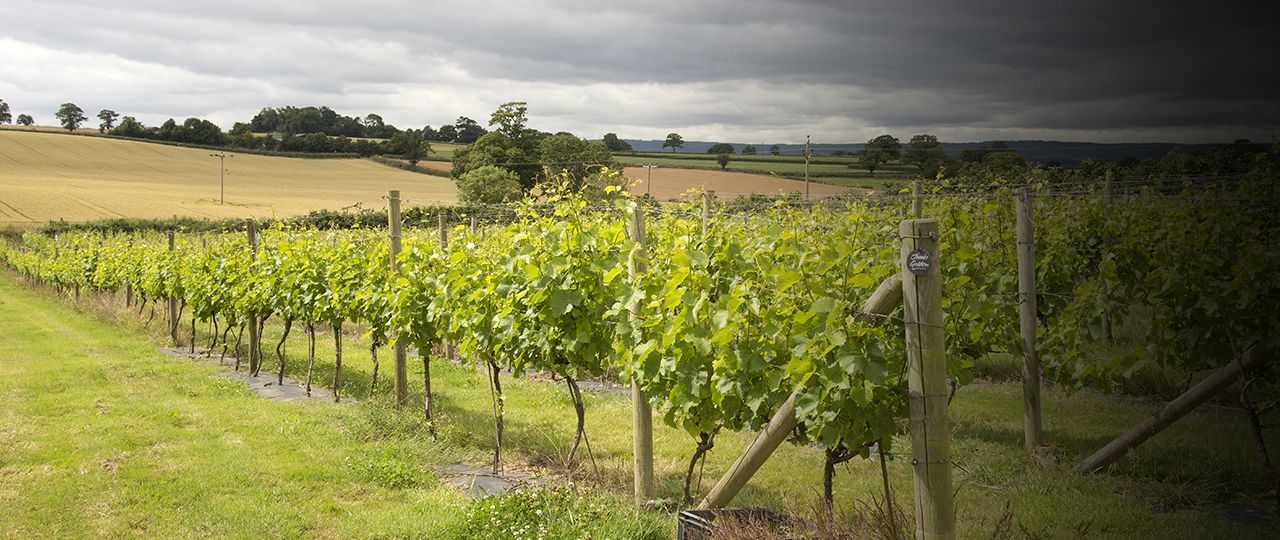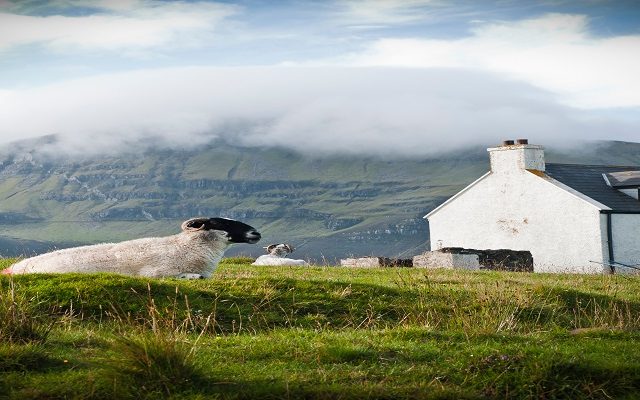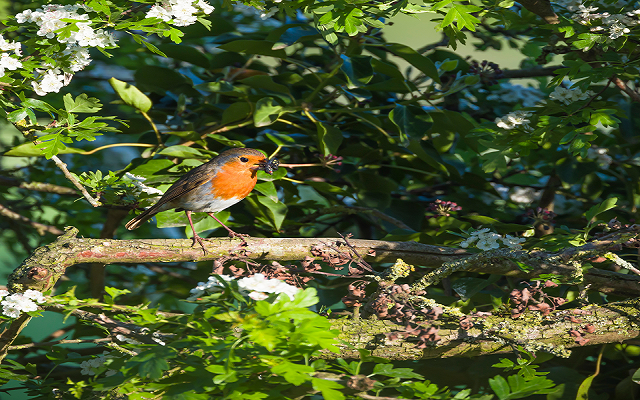Land Business Update | Week commencing 11th March 2019
Welcome to our update on key land management, farming, planning and energy issues.
Farming
Brexit: Sensitive UK agriculture sectors will be protected by imposing tariffs on imports
The Government says that the regime is designed to minimise costs to business and consumers, while protecting some vulnerable industries including livestock farming. It proposes a mixture of tariffs and quotas on lamb (at the same level as current EU tariffs), beef (at around half current EU tariff rates) pork, poultry and some dairy products. There would be no tariff protection on cereals, eggs and most fruit and vegetables, so effectively full trade liberalisation. Farmers unions have reacted angrily to the regime with the domestic and Irish farming unions saying that UK farmers will not be protected from non-EU imports. No tariffs will be imposed on goods crossing from Ireland into Northern Ireland but they will be imposed from Ireland to Great Britain. The Irish farmers’ union said that its most exposed sectors, such as beef, would not survive as it would expose them to ‘competition from low cost, low standard imports from non-EU countries.’ The NFU in England said that it was appalling that they have only now seen the Government’s plans. There are also tariffs on fertiliser to prevent what the Government calls unfair trading practices.
Brexit: Retailers making significant changes to how they source products
Retailers are stockpiling non-perishables goods, testing longer-lasting varieties of fruit and vegetables, changing their quality standards and encouraging more eating locally and seasonally, according to Kantar, a market research company. They are also investing in more refrigeration capacity and space on ships.
Brexit: USDA outlines its demands for post-Brexit trade deal
The US Department of Agriculture document mostly calls for reduced non-tariff barriers in agriculture. This is code for Britain changing its food regulation away from the current ‘European model’, which the US ambassador to the UK called the EU’s “museum of agriculture” approach, to one that would accommodate US style production, including chlorinated chicken and hormone-treated beef. The document also says it wants ‘specific commitments for trade in products developed through agricultural biotechnologies, including … managing low level presence issues.’ This is more code – but this time on genetic modification. Both the NFU and RSPCA have reacted by saying the UK should not reduce its standards. We will now see whether the government will honour its words on not cutting standards! NB the consensus seems to be that the chlorine wash itself is not harmful but it allows poorer hygiene elsewhere in the production process.
Vineyards now eligible for agricultural property relief
HMRC has widened its definition of agriculture for eligibility for agricultural property relief to now include the growing of vines for wine production. As the capital and rental value of vineyard land is higher than for ‘normal’ agricultural land, this will make viticulture even more interesting for some landowners. Please contact Edward Mansel Lewis, head of our viticulture advisory team, for more details.
Specialist grain store eligible for capital allowances
The First-tier Tribunal Tax Chamber assessing the case of May v HMRC [2019] said that the moveable drying equipment would not function effectively without the specialist design of the grain store (i.e., roof height, power-floated floor, thicker than normal walls and air inlets and fans on the walls) and vice versa. Therefore, they ‘together constitute the apparatus’ to successfully dry and store grain, and so should be considered to be ‘plant and machinery’ and thus qualify for capital allowances under the Capital Allowance Act 2001. This case could be significant as it means a greater range of farm buildings and equipment qualifies for capital allowances. Farmers Weekly has reported that HMRC will not appeal the decision, so we recommend anyone who has erected a specialist grain store in the past decade to consider reviewing the allowances they can claim. Please contact Jonathan Smith, our Director of Tax, if you would like to discuss this or other tax matters.
UK farm profits forecast to fall in 2018 for all sectors apart from cereals
Lower yields and rising costs, especially for livestock farmers due to higher cereals prices, hit Farm Business Income, which is a proxy for farm profitability and includes income from farming as well as agri-environment, diversification and Basic Payments, according to the latest figures from the Farm Business Survey. On average, profits were down for general cropping farms (-8%), mixed farms (-10%), upland livestock farms (-17%), dairy (-22%), lowland livestock farms (-29%), poultry farms (-45%) and pig farms (-99%). Profits for cereal farms rose by 13%.
EU organic area grew by a quarter in five years to 7% of the total farmed area
In the UK, the area has fallen by 16% over the same period (2012 to 2017) although it did rise in 2017 and the Soil Association expects further growth in the UK market for organic food by 2020.
Antibiotic use in farm animals falling but Government acknowledges that more is still to do
The Government has restated its commitment that any future trade deals will require any meat and dairy produce imported into the UK to meet at least the same standards relating to antibiotic use which apply to meat and dairy products produced in the EU, and that the UK will not water down standards on food safety, animal welfare and environmental protection. The statements were made in the Government’s response to the recommendations of the Health and Social Care Committee’s inquiry on antimicrobial resistance.
Environment
Only 40% of surface water bodies are in good status in Europe
The results from the latest six-yearly report on water quality in Europe have been called immensely disappointing by WWF. The environmental body also noted that many European countries are now pushing for the Water Framework Directive to be significantly weakened.
Forestry
Woodland Wildlife Toolkit now available online and free to use
This toolkit can help woodland managers tailor their management plans for the priority wildlife species in or around their woodland. Click on the location of the woodland you are interested in and a list of priority species appears, with an advice sheet on its key habitat requirements and management recommendations. The toolkit is supported by the Forestry Commission and many environmental organisations.
Rural economy
New rights for UK broadband customers
Broadband providers will have to tell new customers what the minimum peak-time download speeds they can expect will be. Customers will also be able to leave a contract with no penalties if the provider cannot fix poor broadband speed within a month. This is particularly good news for rural dwellers.
Almost no growth in the amount of commercial or industrial property being built in the UK
The RICS reports that construction activity fell sharply at the end of 2018, with 80% of surveyors saying that financial constraints were responsible. However, work on infrastructure projects continued to grow.






